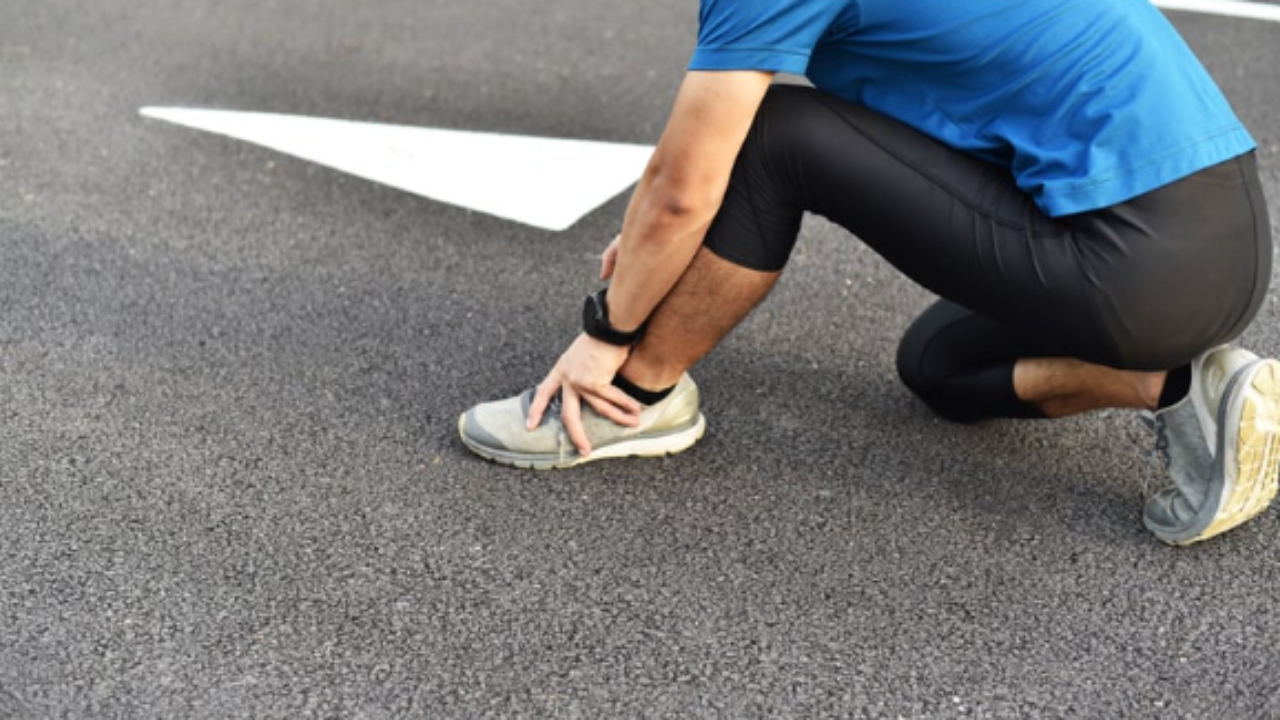For the Long Run: a Runner's Blog
Become a smarter runner!
Subscribe to this blog and my email list to learn more about the science of running and how you can avoid injuries.
Join My Newsletter:
"For the Long Run"
We won't send spam. Unsubscribe at any time.
By now, you’ve probably got your fall race locked in and you're mentally preparing to increase your weekly mileage.
Did you know that many running injuries can be traced back to training errors? That’s one reason I became a running coach after finishing physical therapy school. Understanding how to...
It’s hard enough to stick to a regular fitness routine, and having to do that while navigating pain is exhausting.
As a physical therapist, when I ask someone how their home rehab program is going, I’m used to hearing the somewhat defeated response of: “I’ve been too busy to do my exercises.”
I...
Ahhh the long run!
It’s a sacred tradition for runners to lace up and prepare for their weekly long run while training for a half or full marathon.
Long runs are an essential part of building endurance and are considered the key workout when chasing long distance goals.
But what happens AFTER y...
When we think of running strength, the calves are often overlooked. But if you're a runner—or just someone who wants to stay active and injury-free—your calf muscles are doing a lot more work than you might think.
Let's start at the soleus (one of the deeper calf muscles), one of the hardest-workin...
Whether you’re a runner, someone returning from injury, or just trying to stay active and strong as you age, the squat is one of the best exercises you can do. But are you actually doing it right?
The squat is probably the MOST common exercise that I’ve educated patients on in my career as a physic...
It’s a common misconception that running alone is enough to build leg strength.
As a running physical therapist, I’ll hear a lot about how injury-prone runners feel the solution to their pain is stretching, foam rolling or trialling out ten new pairs of shoes.
But, honestly? You’ll likely see be...
As runners, it’s not uncommon to feel tightness or soreness after runs. But if you’re worried that you’re starting to experience something more serious - this post is for you.
I have a confession to make: at the beginning of this month, I started to develop some ankle pain.
After finishing my rece...
One Simple, But Eye Opening Exercise
My daughter is seven months old. She’s been starting to experiment with pulling up on objects to try to stand. Of course, she needs a close eye and support, or else she won’t be able to balance for longer than a second or two.
As a physical therapist, I know ...
Can You Pass These 5 Runner’s Strength Tests?
I personally used to dread the summer training cycle. This was before becoming a physical therapist or a run coach. It’s hard for me to perform in the heat, and moving to Virginia didn’t help either. Holy humidity!
But after doing my research on the be...
(And how it leads to faster running later.)
What's the most common mistake both beginner and experienced runners make?
It's not taking their base building phase seriously enough.
Whether you're training for your first 5K or gearing up for a half marathon or full marathon, skipping this essential ...
If you’re looking to reduce injury risk while running, it’s important to differentiate pain vs discomfort.
As runners, we know that some level of discomfort is part of the sport. Whether it’s the burning in our quads during a tough hill repeat, the soreness after a long run, or t
...










